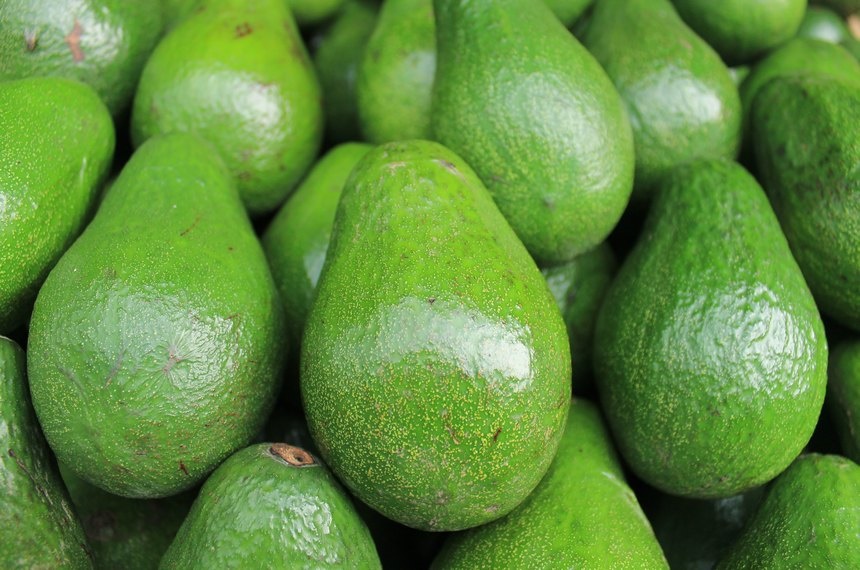
Tackling food waste around the world
Up to one third of the food produced in the world gets lost or wasted before it is consumed by people. According to UN Food and Agriculture Organization this amounts to approximately 1.3 billion tonnes of food with roughly US$ 680 billion in industrialized countries and US$ 310 billion in developing countries. At the same time almost a billion people are living in food poverty. The food waste in Europe alone could feed around 200 million people. This situation represents not only waste of the precious food that could help less fortunate people suffering from food shortages, but also waste of the labour, water, energy, land and other inputs that went into production.
Increasing number of organizations are starting to look at this problem in its entire complexity and make surveys to determine which production level creates the largest food waste. While in developing nations 40% of losses occur at post-harvest and processing level due to constraints in harvesting techniques or poor storage, in industrialized countries the food is wasted mainly at later stages in the supply chain. The behavior of consumer plays here a huge part and large quantities of food are wasted due to quality standards.
The consumer behavior in medium- and high-income countries determines the products offer and farmers and retail companies need to satisfy them to survive, which means they must provide the amounts requested in the quality requested and in the time requested. This results in overproduction and huge amounts of waste. However, more and more consumers are starting to think about what happens with all that unsold food left on the supermarket shelves. So how are retail companies supposed to handle this inevitable issue and stay in line with their social responsibility policy at the same time? Some brands are already showing us the ways on how to tackle the problem.
A British retailer chain Tesco committed itself that no food that’s safe for human consumption will go to waste from their UK retail operations by the end of 2017. If food cannot be sold they will offer it to charities and community groups that will in turn provide the food to people in need. They cooperate with the UK food redistribution charity FareShare and using the FareShare FoodCloud app the stores alert charities to the amount of surplus food they have at the end of each day. Tesco also encourages its consumers to donate the food and set up permanent collection points in over 600 stores in the UK.
Another supermarket group, Co-op, ensures that all products after their durability dates are taken to a local depot for anaerobic digestion to produce energy and compost. For redistribution of surplus food that is still edible they also cooperate with FareShare. German chain Aldi has meanwhile offered the unsold fresh food to charities and local organizations after closing its stores on Christmas Eve to support people in need and prevent food waste.
One of the countries that take lead in the food waste reduction and ecological consumer behavior is certainly Denmark. One of the initiatives is a small chain of supermarkets called Wefood. Launched by the Danish NGO DanChurchAid in Copenhagen in 2016, it is opening its third branch already. The stores are selling the food that is donated either by businesses that cannot use it, such as hotels, or by manufacturers and supermarkets due to quality problems. If a product has a minor flaw, such as a damaged packaging, incorrect shape or color, it has passed the “best before” date, but it is still edible and safe to consume, it cannot be sold in a usual store due to severe quality standards. Wefood sells these products at a discount of 30-50%. The shop is run by volunteers and profits go to charity.
To tackle the problem with the food waste we also need to keep in mind local legislative restrictions, as prospective food donors often decide to avoid risks associated with liability for donated food and rather throw it away. In October 2017, The European Commission has adopted EU food donation guidelines in order to facilitate the redistribution of safe, edible food to those in need.
Authors: Veronika Šaradínová, Tatiana Čaplová / Pontis Foundation

Follow us on